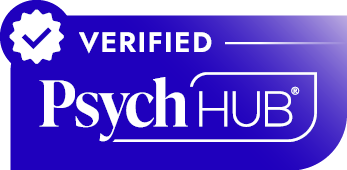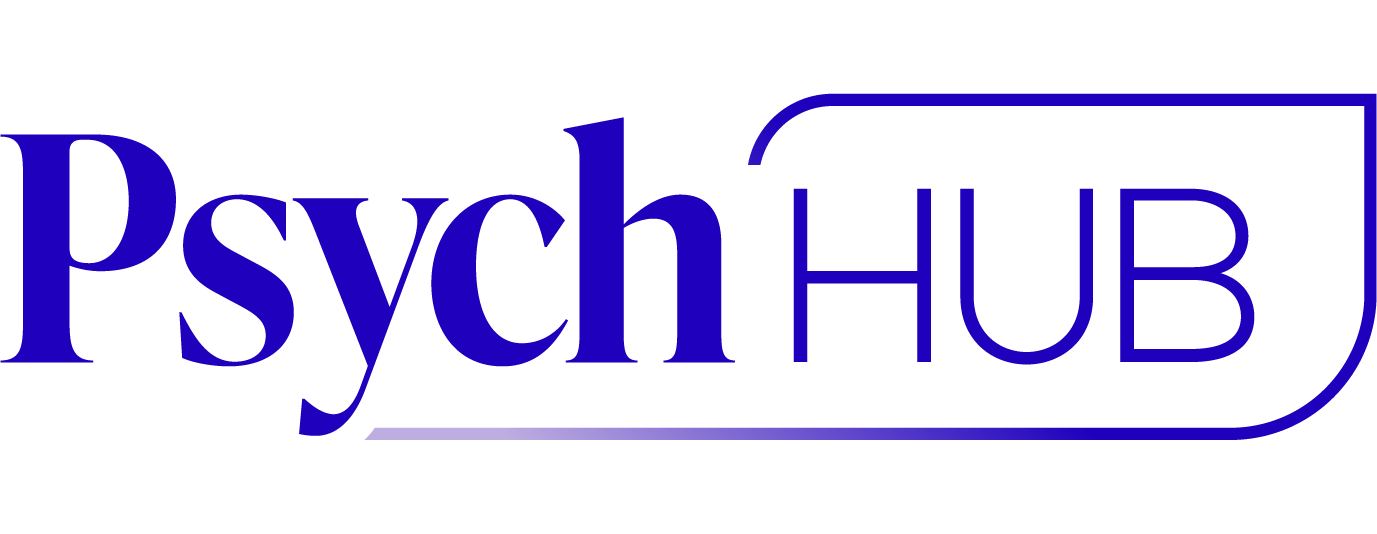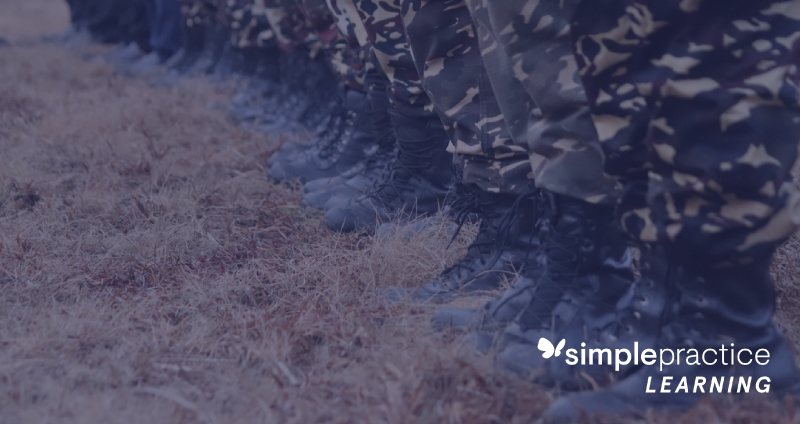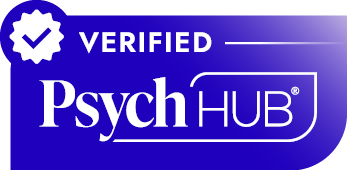Resources to Help Practitioners Learn and Connect
Most mental health practitioners have limited training in evidence-based interventions or specialty care delivery. Others, like nurses and prescribers, need current, clinically sound mental health education to help them better serve their patients. Psych Hub fills those gaps by providing courses and other resources that educate practitioners in treatment approaches proven to reduce symptoms effectively and in fewer sessions.

75% of licensed mental health practitioners have masters level education, trained as generalists.

Fewer than 40% of RNs believe they have the behavioral health skills required to be successful as a nurse in the future.

What’s Available in The Hub for Mental Health Practitioners
Psych Hub gives practitioners a designated place to find clinically sound mental health education, resources, and client connections. Members receive:
A robust library of evidence-based courses and content covering the most topical mental health subjects, arming practitioners with everything they need to specialize their practice to meet current demand
Continuing education credits for all practitioners in the mental health ecosystem
Resources practitioners can share with clients to assist with treatment between sessions
Visibility and verification on Psych Hub Connect, which provides practitioners with public profiles to display specialized training they've completed
Inclusion in the Psych Hub Connect connection platform, which highlights criteria like specialized training, Psych Hub Verification, insurance coverage, location, and more.
Promote Specialized Training Through Psych Hub Verification
Practitioners can earn verifications in a number of specialties by completing courses and/or taking a test to demonstrate competency. These verifications are then spotlighted on the Psych Hub Connect platform to help match individuals looking for care with practitioners who meet their needs.

Certification Course Competency Areas
Our specialty courses fall into four competency areas designed to align practitioner training with the types of specialized care consumers are seeking. Practitioners can get verified in one or many competencies to gain skills and understanding that will help them serve clients by delivering specialized, evidence-based interventions.
Symptoms
-
Depression
-
Anxiety
-
Insomnia
-
Suicide Prevention
-
Trauma
Interventions
-
Cognitive Behavioral Therapy (CBT)
-
Dialectical Behavioral Therapy (DBT)
-
Acceptance Commitment Therapy (ACT)
-
Trauma-Informed Care (TIC)
-
Motivational Interviewing Strategies (MI)
COMMUNITIES
-
BIPOC
-
LGBTQ+
-
Veterans
-
Latinx
-
Caregivers
Ages
-
Early Childhood
-
School-Aged
-
Adolescent
-
Young Adult
-
Older Adult
Practitioner Courses

Counseling on Access to Lethal Means

FOUNDATIONS IN THE SAFETY PLANNING INTERVENTION FOR CLINICIANS

Collaborative Care model

Trauma-Informed Care: Foundations (Part 1)

Trauma-Informed Care: Foundations (Part 2)

Supporting Provider Well-Being

Behavior Management Training (Children 2-12)

Culturally responsive Behavioral Healthcare: Foundations

ACT Foundations

CBT for Anxiety

CBT for Depression

CBT Adaptations for Adolescents

CBT for reducing suicide risk

DBT-informed therapy: adolescents

Motivational Interviewing Strategies: Foundations

Motivational Interviewing Strategies: Adolescents

Motivational Interviewing Strategies: Substance Use Disorders

Ethics: Reconsidering Dual Relationships

The Ethics of Truth in Therapy

Ethics: Self-Disclosure in Therapy

Supervision and Supervisee Well-Being

Intersectional Authenticity with LGBTQ+ Clients
Access Companion Resources to Complement Coursework and Treatment
Platform learning is enhanced by companion resources for both practitioners and their clients.
Quick Guides
Summarize practitioner course information for later reference
Tip Sheets
Filled with helpful resources
Activities
Ideas for applying evidence-based practices in clinical practice
Therapy-Specific Videos
Shareable with clients, to complement treatment
Assessments
Measure treatment progress
Get Credit for Specialized Mental Health Training
In addition to deepening practitioners’ knowledge about best practices in mental health, Psych Hub courses offer two opportunities to capitalize on that learning.

Continuing Education credits
Practitioners can satisfy their CE requirements by completing courses focused on evidence-based practices.








































